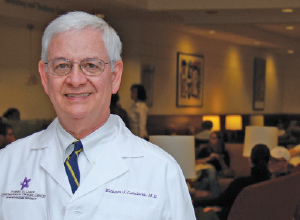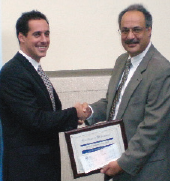
CAVEAT EMPTOR: RESISTING THE TEMPTATION: My Position on Laparoscopic and Robotic Radical Prostatectomy
With the advent of laparoscopic and robotic-assisted laparoscopic surgery, and with the wide-acceptance of laparoscopic gall bladder surgery, the appeal of using the technique in radical prostatectomy has been tempting to patients, with unfortunate results in more patients than with…







